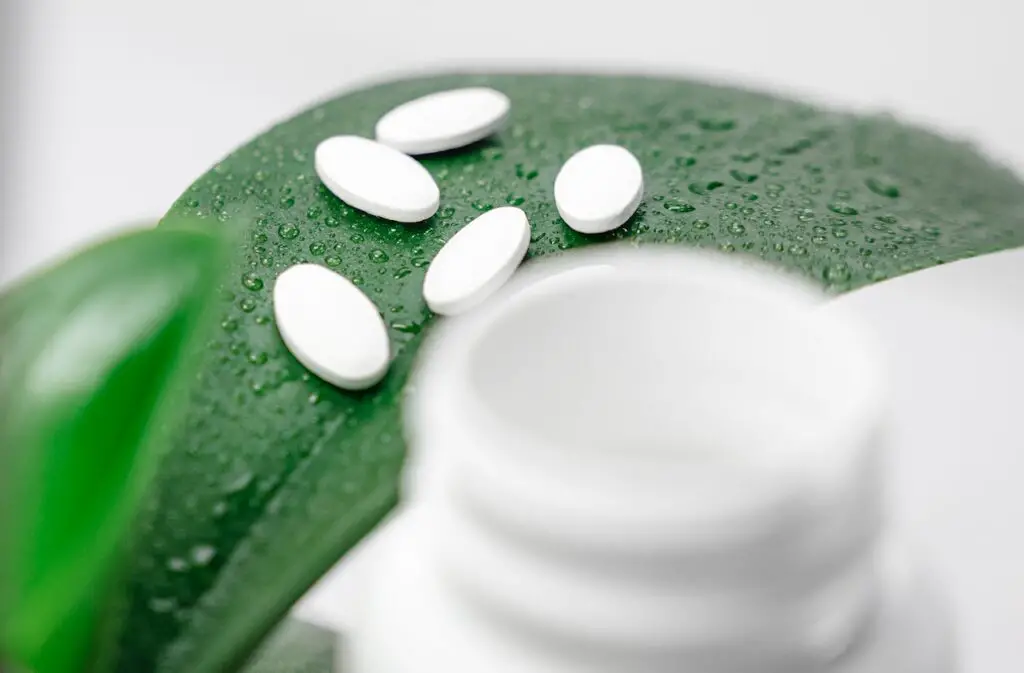As we age, our brains go through a natural process of decline. However, there are steps we can take to slow down this process and maintain our cognitive abilities. One of those steps is taking choline supplements. In this blog post, we will explore the benefits of choline supplements for brain health and memory.
What is Choline?
Choline is an essential nutrient that is often grouped with the B-vitamins. It is a water-soluble molecule that is necessary for the formation of cell membranes, neurotransmitters, and the neurotransmitter acetylcholine. Acetylcholine plays a critical role in learning, memory, and muscle control. Choline is also involved in the regulation of gene expression and the maintenance of healthy liver function.
Choline is not produced in sufficient quantities by the body, so it must be obtained through diet or supplements. Foods that are high in choline include eggs, liver, beef, salmon, and broccoli. However, it can be challenging to obtain the recommended daily intake of choline through diet alone.
Related Article: The Top 5 Supplements for Brain Health and Cognitive Function
Benefits of Choline Supplements for Brain Health and Memory

Improved Cognitive Function
Choline is a vital nutrient for brain health, and studies have shown that choline supplements can improve cognitive function. One study found that supplementing with choline for six months improved memory and cognitive function in older adults with mild cognitive impairment (MCI). Another study found that choline supplementation improved memory and attention in healthy young adults.
Protection Against Cognitive Decline
Choline supplements may also provide protection against cognitive decline. A study published in the Journal of Nutrition found that higher choline intake was associated with a reduced risk of cognitive decline in older adults. Another study found that choline supplementation in pregnant women improved the cognitive function of their offspring.
Improved Mood
Choline is involved in the production of neurotransmitters such as serotonin and dopamine, which are important for regulating mood. A study published in the British Journal of Nutrition found that choline supplementation improved symptoms of depression in healthy adults.
Improved Athletic Performance
Choline plays a critical role in muscle function and is essential for the production of acetylcholine, which is necessary for muscle contraction. Studies have shown that choline supplementation can improve athletic performance, particularly in endurance sports. One study found that choline supplementation improved running times in trained athletes.
Improved Liver Health
Choline is essential for healthy liver function. It is involved in the transport and metabolism of fats and helps prevent the accumulation of fat in the liver. A study published in the American Journal of Clinical Nutrition found that choline supplementation improved liver function in patients with non-alcoholic fatty liver disease.
Related Article: How Milk Thistle Supplements Can Help Support Liver Health
Recommended Dosage of Choline Supplements
The recommended daily intake of choline varies by age and gender. According to the National Institutes of Health, the following are the recommended daily intakes of choline:
- Infants 0-6 months: 125 mg/day
- Infants 7-12 months: 150 mg/day
- Children 1-3 years: 200 mg/day
- Children 4-8 years: 250 mg/day
- Children 9-13 years: 375 mg/day
- Adolescents 14-18 years: 550 mg/day for males and 400 mg/day for females
- Adults 19 years and older: 550 mg/day for males and 425 mg/day for females
- Pregnant women: 450 mg/day
- Breastfeeding women: 550 mg/day
Choline supplements are available in various forms, including choline bitartrate, phosphatidylcholine, and citicoline. The most common form is choline bitartrate, which is inexpensive and readily available. The recommended dosage of choline supplements depends on the specific form used. For choline bitartrate, the recommended dosage is 250-500 mg per day. For phosphatidylcholine, the recommended dosage is 500-1000 mg per day. For citicoline, the recommended dosage is 250-500 mg per day.
It is important to note that taking high doses of choline supplements can lead to side effects such as nausea, vomiting, and diarrhea. It is always best to consult with a healthcare professional before starting any new supplement regimen.
Sources of Choline
As mentioned earlier, choline can be obtained through diet or supplements. Foods that are high in choline include:
- Eggs
- Liver
- Beef
- Salmon
- Broccoli
- Brussels sprouts
- Quinoa
- Milk
- Yogurt
- Soybeans
Supplements can be purchased online or at health food stores. It is essential to purchase supplements from reputable sources to ensure quality and safety.
Choline is an essential nutrient for brain health and memory. Taking choline supplements can improve cognitive function, provide protection against cognitive decline, improve mood, improve athletic performance, and improve liver health. The recommended dosage of choline supplements varies depending on the specific form used and should be discussed with a healthcare professional. Choline can be obtained through diet or supplements, and it is essential to purchase supplements from reputable sources. Taking steps to maintain brain health and cognitive function is important as we age, and choline supplements can be a useful tool in that endeavor.


